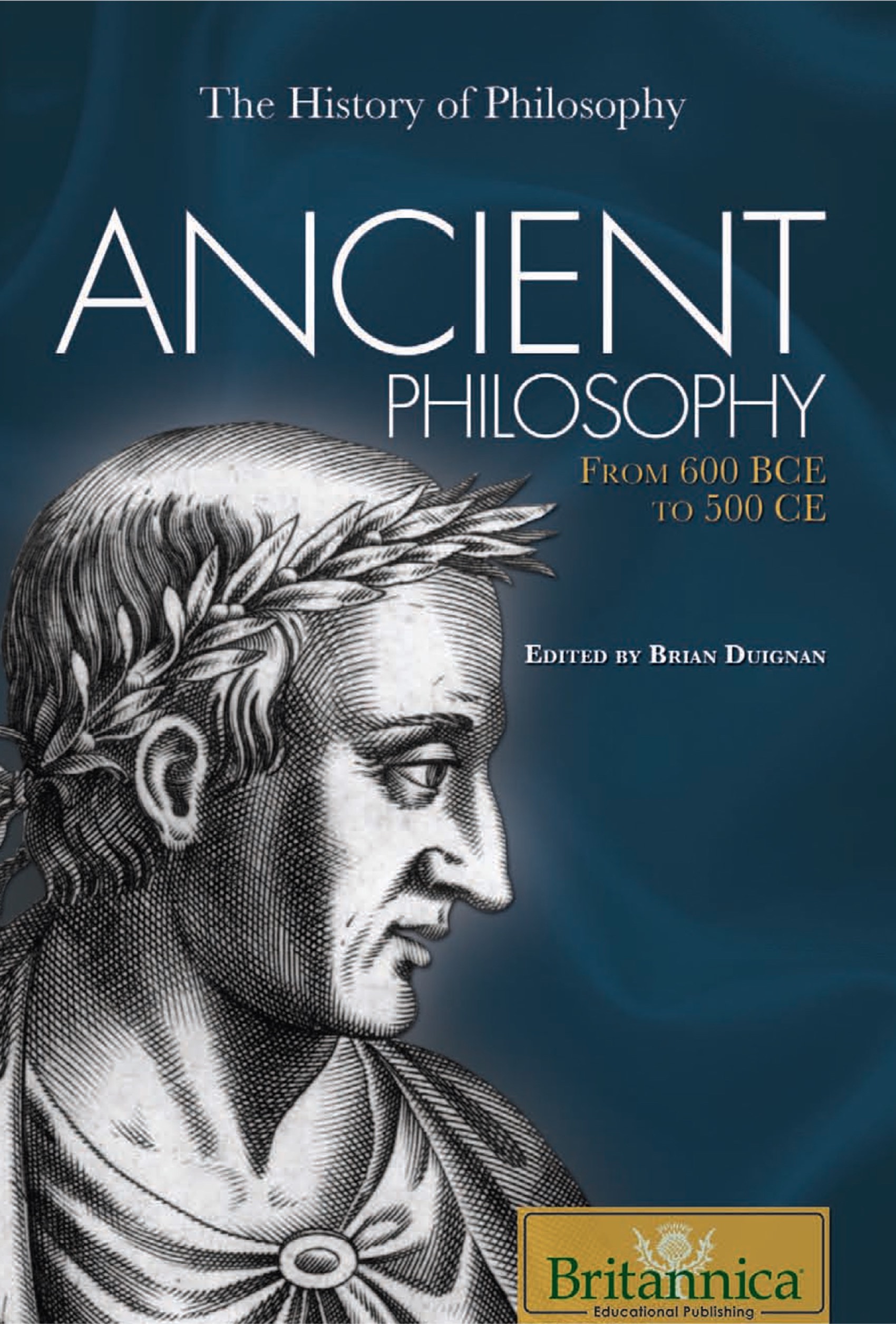Britannica Guide to Ancient Philosophy
Here’s a summary of the “Britannica Guide to Ancient Philosophy”:
Summary:
This comprehensive volume traces the evolution of Western philosophy from 600 BCE to 500 CE, focusing on the lives, ideas, and legacies of key thinkers from the Pre-Socratic era to the early Christian philosophers.
1. Pre-Socratic Philosophy
• Early Greek thinkers like Thales, Anaximander, and Heraclitus sought natural explanations for the cosmos, moving away from mythological accounts.
• They introduced foundational concepts in cosmology, metaphysics, and epistemology, including the notions of a fundamental substance and the idea that reality might differ from appearance.
2. Socrates
• Known for his method of dialogue and ethical focus, Socrates emphasized introspection and moral reasoning. He famously claimed that “the unexamined life is not worth living” and was ultimately executed for corrupting the youth of Athens.
3. Plato
• A student of Socrates, Plato developed the Theory of Forms, proposed a just society ruled by philosopher-kings in the Republic, and laid the foundation for much of Western metaphysics and epistemology.
4. Aristotle
• A student of Plato, Aristotle contributed to logic, ethics, metaphysics, politics, and natural sciences. He believed in empirical observation and introduced the concept of teleology (purpose-driven existence).
5. Hellenistic and Roman Philosophy
• Stoicism (Zeno, Epictetus, Marcus Aurelius) emphasized virtue and rationality as paths to inner peace.
• Epicureanism advocated for modest pleasure and the avoidance of pain.
• Skepticism questioned the possibility of certain knowledge.
• Neoplatonism (Plotinus) combined Platonic philosophy with mystical elements.
6. Jewish and Christian Thought
• Thinkers like Philo Judaeus, Saint Augustine, and Boethius integrated Greek philosophy with religious theology, shaping the intellectual foundation for the Middle Ages.
The book not only presents the key doctrines of each school and philosopher but also illustrates how ancient thought laid the groundwork for future philosophical developments in the West.
